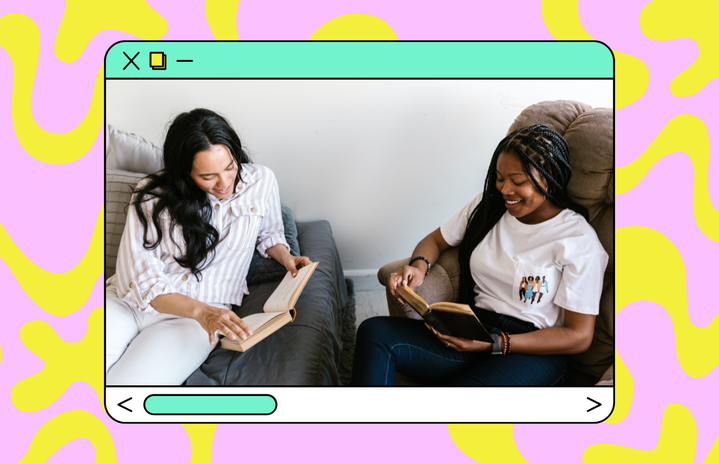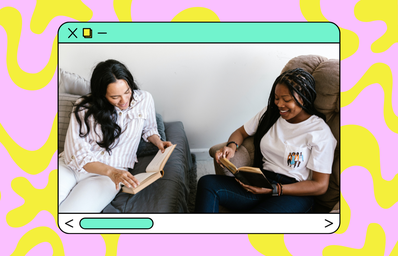March means Women’s History Month, and that means it’s time to really crack down and listen to the experiences of the women in your life. Here are ten books spanning every genre that will open your eyes to the daily lives of the women in your world.
Often when I’m reading books about womanhood and the intersections of feminism, I think it’s important to consult women’s stories first. Looking into the memoirs, biographies, and essays told straight from the source of women changing the world in their time makes me realize that each woman has their own unique experience and reaction to the treatment we endure in this world. In nonfiction works, I find that facets of feminism and the women’s movement are told in a new way with each book.
Here are just a few that capture that feeling:
The Immortal Life of Henrietta Lacks – Rebecca Skloot
This novel tells the story of Henrietta Lacks, a Black woman whose cancer cells were used to create an immortal cell line which scientists utilized to both develop medicine and research cancer. Henrietta and her family, however, never gave permission for her cells to be taken and used in this way. This situation lays the groundwork for a story about the intersections between race, womanhood, and scientific ethics. While this novel is a deep dive into one specific case study, it opens the reader up to other narratives that examine what it means to be treated differently because of your race and gender in the medical industry.
My Broken Language – Quiara Alegría Hudes
In this brilliant memoir, Philadelphia native, Quiara Alegría Hudes, tells her story of growing up in the city with her Puerto Rican family. Her story ranges from snapshots of her childhood to her college days, encapsulating what it means to grow up non-white, being surrounded by your own culture and the effects of branching away from that. Hudes combines lessons she learns from her grandmother in North Philly and the halls of Yale to find her own sense of identity.
Our Women on the Ground: Essays by Arab Women Reporting From the Arab World – edited by Zahra Hankir, translated by Mariam Antar
Nineteen Arab and Middle Eastern women journalists document their lives covering their culture and politics while putting their lives and freedom on the line. Every essay provides readers with a different woman’s perspective on her journalistic work and their most harrowing stories. From the front lines of war, traveling through foreign lands alone, and conversing with other women who are the victims of war, each story shatters stereotypes about the women of the Middle East and reshapes the narrative within their viewpoint. This book puts civilian stories at the forefront of each reporter’s piece and asks the reader to remember the women who are affected during wars they may only see from a birds-eye view.
The Woman Warrior – Maxine Hong Kingston
This memoir from Kingston tells her story of being a Chinese American, growing up biracial in America and fighting the expectations of both cultures, as well as her mother’s story of being an immigrant and giving up her career as a doctor to raise her children in a new land. This piece also dives into the shame women are made to feels about sex in both cultures, including a poignant story of her aunt who committed suicide for having a baby out of wedlock. With the tales of women in her family, Kingston powerfully navigates what it means to create your own identity outside of the pressures of cultural expectations.
Abolition. Feminism. Now. – Angela Y. Davis, Gina Dent, Erica Meiners, and Beth E. Richie
From the pen of seminal feminists, Abolition. Feminism. Now. documents what makes organizing and protesting so central and important to the women’s movement. The idea of fighting for equality has not gone away– even though women have gained more rights as time has progressed, the work is still not over. Davis, Dent, Meiners, and Richie stress the importance of community organization and a unified front between women of all intersecting identities in the face of sexism and the tearing down of our autonomy.
Yes, these reads are heavy. They are not fiction books of “cool girls” pondering the depth of womanhood while barely scratching the surface; but instead, these are narratives of real women that don’t cover their face away from the violence impacting their female counterparts across the globe.
This March, it’s time to start some heavy reading. I feel we all need to know how deep the institution of sexism runs and how banding together is a chance to stop it.

